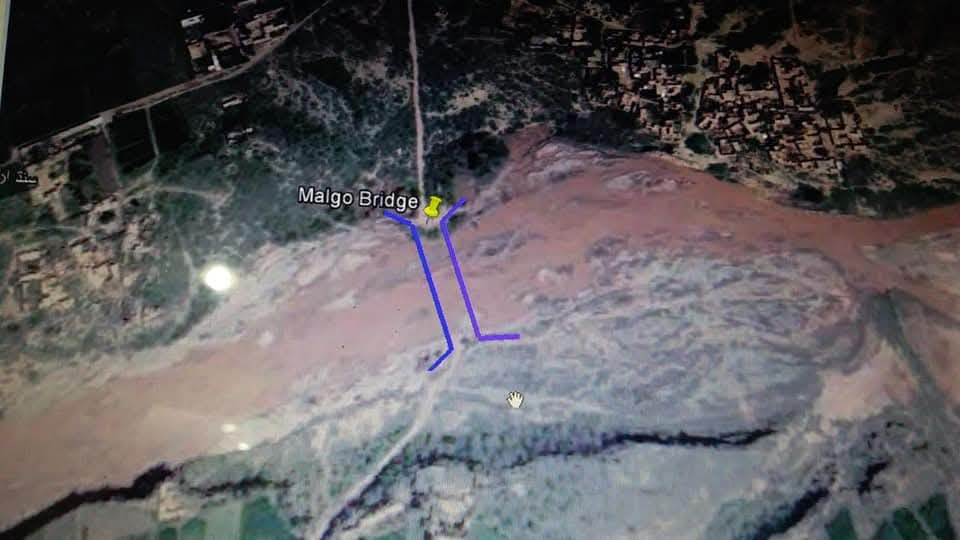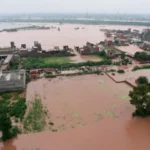Beijing (Khyber Point) In a powerful display of Asian solidarity, Chinese President Xi Jinping, Russian President Vladimir Putin, and Pakistani Prime Minister Shehbaz Sharif appeared together at a grand military parade in Beijing marking the 80th anniversary of victory in World War II.
The three leaders entered the parade venue side by side, a moment widely covered by international media and seen as a symbolic demonstration of regional alignment. Analysts described their presence together as a strong signal of Asian powers forging closer ties in the face of shifting global dynamics.
Pakistan’s high-level participation underscored its growing regional importance and deepening ties with both China and Russia. Prime Minister Shehbaz Sharif’s inclusion in the parade highlights Pakistan’s role as a key strategic partner in Asia, particularly within the frameworks of the Belt and Road Initiative and regional security cooperation.
Notably absent from the event was Indian Prime Minister Narendra Modi, who was not extended an invitation. Observers say this reflects the evolving strategic balance in South Asia and Beijing’s recalibration of alliances. The exclusion is being viewed as both a political message and a signal of India’s increasingly strained ties with its neighbors and major global powers.
The parade itself was a spectacular affair, showcasing China’s military might and honoring the sacrifices made during World War II. Beyond the commemoration, however, it also served as a platform to project the current geopolitical realities of Asia, where China, Russia, and Pakistan appear to be strengthening their cooperation.
The gathering of Xi, Putin, and Shehbaz in one frame was hailed by Chinese media as a “moment of unity,” while international analysts noted that it could reshape future diplomatic engagements in the region.












